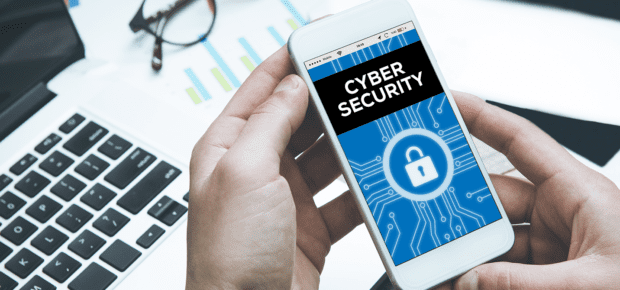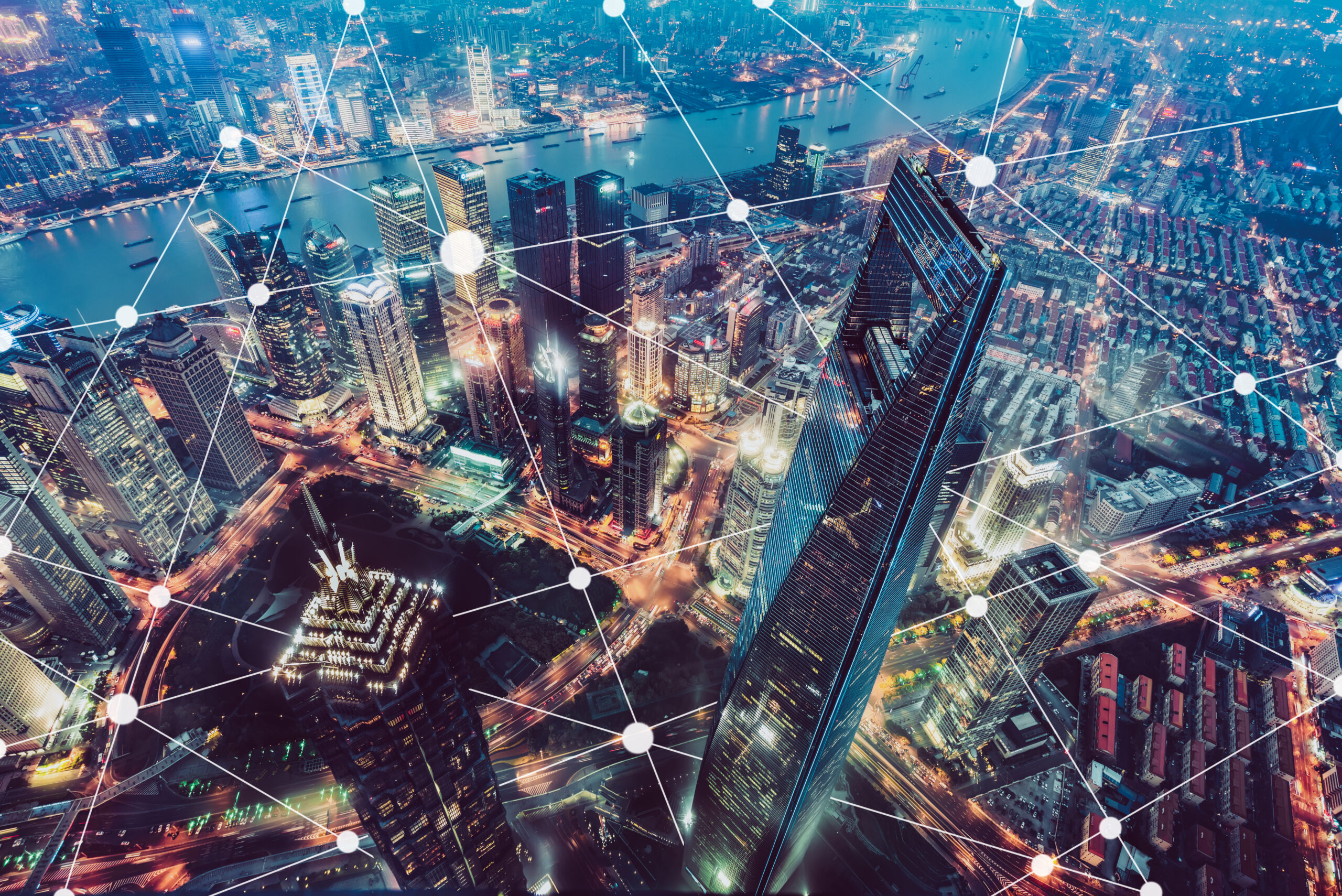April 16, 2018
When the word “cybersecurity” comes up, “password” is often not far behind. You’ve doubtlessly heard that people are rather bad at coming up with secure passwords, and that “password” itself makes for a terrible one. (If you’re looking for tips on what makes for a good password, be sure to check out this article from IEEE Spectrum).
But instead of relying on people to get better at creating and remembering login credentials, engineers have been pushing toward adding personal elements to the login process so that it’s easier to ascertain that the user is who they say they are. And these elements don’t have to be complex or challenging: in the case of multi-factor authentication (MFA), it can be something like a six-digit code sent to your phone, or a key fob that generates a one-time password.
Multi-factor authentication is becoming increasingly common. Odds are you’ve already used it, like if you’ve had a six-digit code texted to you in order to log into something. So what’s next for MFA? According to Kayne McGladrey, IEEE member, Director of Information Security Services at Integral Partners (US), using artificial intelligence to assess the context of a login attempt will help make the security check more efficient:
“Consider if a user typically logs in from Seattle, WA on a daily basis when they arrive at their office at 9 AM. An MFA solution should not require additional authentication from the end user. However, if the user’s cell phone and laptop are in Seattle but the login attempt is from China, the MFA solution should either automatically block the login attempt prompt for additional authentication before automatically notifying the Security Operations Center (SOC).”
Device location and user behavior can shed a lot more light on a login attempt, yet not all MFA solutions currently incorporate them, says McGladrey. If organizations switched to better access management systems, the cost to successfully infiltrate accounts would rise exponentially, barring “all but the best-funded nation-state actors and APTs.”
Of course, MFA is still far from universal adoption. When we asked Steven Furnell, IEEE Senior member and Professor of Cybersecurity at the University of Plymouth, about how passwords would fair in 2018, his response was simple: “Despite their long-predicted passing, passwords still won’t be dead!”
After all, passwords are simple, and have the advantage of being what we’re used to. And with passwords, MFA, fingerprint identity sensors and facial recognition all jockeying for position as the simple security solution of choice, it’ll be interesting to see where things net out. In the meantime, do your due diligence in keeping your accounts safe.





 Meaningful Momentum or Running in Place?
Meaningful Momentum or Running in Place? AI Through Our Ages
AI Through Our Ages Liquid Infrastructure: Our Planet's Most Precious Resource
Liquid Infrastructure: Our Planet's Most Precious Resource The Impact of Technology in 2025
The Impact of Technology in 2025 Quantum and AI: Safeguards or Threats to Cybersecurity?
Quantum and AI: Safeguards or Threats to Cybersecurity? Why AI Can't Live Without Us
Why AI Can't Live Without Us Bits, Bytes, Buildings and Bridges: Digital-Driven Infrastructure
Bits, Bytes, Buildings and Bridges: Digital-Driven Infrastructure Impact of Technology in 2024
Impact of Technology in 2024 Emerging AI Cybersecurity Challenges and Solutions
Emerging AI Cybersecurity Challenges and Solutions The Skies are Unlimited
The Skies are Unlimited Smart Cities 2030: How Tech is Reshaping Urbanscapes
Smart Cities 2030: How Tech is Reshaping Urbanscapes Impact of Technology 2023
Impact of Technology 2023 Cybersecurity for Life-Changing Innovations
Cybersecurity for Life-Changing Innovations Smarter Wearables Healthier Life
Smarter Wearables Healthier Life Infrastructure In Motion
Infrastructure In Motion The Impact of Tech in 2022 and Beyond
The Impact of Tech in 2022 and Beyond Cybersecurity, Technology and Protecting Our World
Cybersecurity, Technology and Protecting Our World How Technology Helps us Understand Our Health and Wellness
How Technology Helps us Understand Our Health and Wellness The Resilience of Humanity
The Resilience of Humanity Harnessing and Sustaining our Natural Resources
Harnessing and Sustaining our Natural Resources Creating Healthy Spaces Through Technology
Creating Healthy Spaces Through Technology Exceptional Infrastructure Challenges, Technology and Humanity
Exceptional Infrastructure Challenges, Technology and Humanity The Global Impact of IEEE's 802 Standards
The Global Impact of IEEE's 802 Standards Scenes of our Cyber Lives: The Security Threats and Technology Solutions Protecting Us
Scenes of our Cyber Lives: The Security Threats and Technology Solutions Protecting Us How Millennial Parents are Embracing Health and Wellness Technologies for Their Generation Alpha Kids
How Millennial Parents are Embracing Health and Wellness Technologies for Their Generation Alpha Kids Space Exploration, Technology and Our Lives
Space Exploration, Technology and Our Lives Global Innovation and the Environment
Global Innovation and the Environment How Technology, Privacy and Security are Changing Each Other (And Us)
How Technology, Privacy and Security are Changing Each Other (And Us) Find us in booth 31506, LVCC South Hall 3 and experience the Technology Moon Walk
Find us in booth 31506, LVCC South Hall 3 and experience the Technology Moon Walk Virtual and Mixed Reality
Virtual and Mixed Reality How Robots are Improving our Health
How Robots are Improving our Health IEEE Experts and the Robots They are Teaching
IEEE Experts and the Robots They are Teaching See how millennial parents around the world see AI impacting the lives of their tech-infused offspring
See how millennial parents around the world see AI impacting the lives of their tech-infused offspring Take the journey from farm to table and learn how IoT will help us reach the rising demand for food production
Take the journey from farm to table and learn how IoT will help us reach the rising demand for food production Watch technical experts discuss the latest cyber threats
Watch technical experts discuss the latest cyber threats Explore how researchers, teachers, explorers, healthcare and medical professionals use immersive technologies
Explore how researchers, teachers, explorers, healthcare and medical professionals use immersive technologies Follow the timeline to see how Generation AI will be impacted by technology
Follow the timeline to see how Generation AI will be impacted by technology Learn how your IoT data can be used by experiencing a day in a connected life
Learn how your IoT data can be used by experiencing a day in a connected life Listen to technical experts discuss the biggest security threats today
Listen to technical experts discuss the biggest security threats today See how tech has influenced and evolved with the Games
See how tech has influenced and evolved with the Games Enter our virtual home to explore the IoT (Internet of Things) technologies
Enter our virtual home to explore the IoT (Internet of Things) technologies Explore an interactive map showcasing exciting innovations in robotics
Explore an interactive map showcasing exciting innovations in robotics Interactively explore A.I. in recent Hollywood movies
Interactively explore A.I. in recent Hollywood movies Get immersed in technologies that will improve patients' lives
Get immersed in technologies that will improve patients' lives